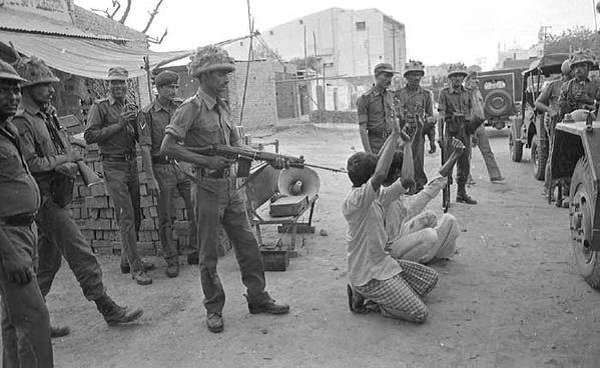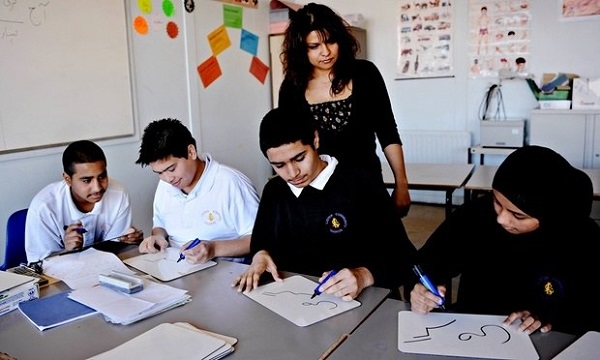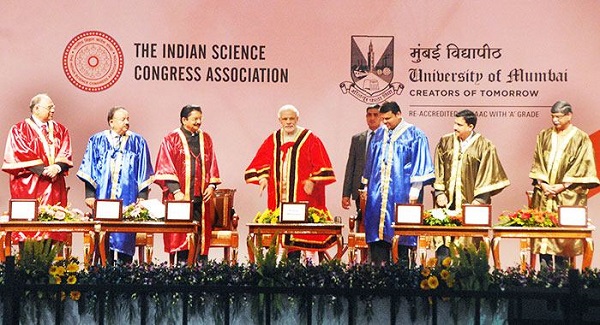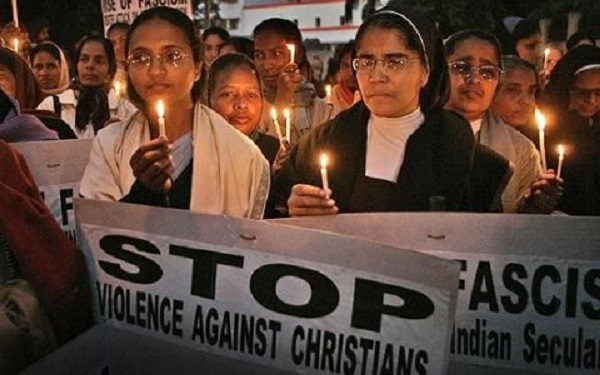The recent development in the Hashimpura murders of 1987 has led one to believe that there’s no countering State-sponsored violence.
 by Humra Quraishi
by Humra Quraishi
It is painful to even think of this subject, but think about it we must. For those survivors who witnessed the May 1987 massacre of 42 innocent Muslim men at the hands of Uttar Pradesh PAC cops in Meerut’s Hashimpura locality, these last 28 years must have been a torture of a different sort. The country is pained, disgusted and angry that the 16 cops accused of killing those young Muslims have been acquitted by a Delhi court – for lack of evidence!
This is just another instance of State-sponsored mass murders getting brushed aside so casually, it boggles the imagination. Maybe the incident will remain forever tucked away in the pages of a survivor’s diary, to probably be destroyed (if found) by vested interests. I would expect that by now, at least a couple of books on the incident would find their way to publishing houses, but that hasn’t happened. I suppose we have stopped reacting to State-sponsored terror.
“The judge tried hard to persuade me to withdraw the petition and suggested I move to Allahabad. I refused. That judge later became the first Chairman of India’s Human Rights Commission.”
Activist lawyer ND Pancholi says that Nandita Haksar had filed a petition in the Supreme Court in 1987 on behalf of the People’s Union for Democratic Rights (PUDR), praying for the investigation into the Hashimpura incident and payment of adequate compensation for the victims. She had argued the case in person and the Supreme Court was constrained to award an amount, albeit nominal, for Rs 20,000 per victim. She has mentioned this case in her book, Framing Gilani, Hanging Afzal – Patriotism in the time of terror (2007).
I quote from the book, “And no one has apologised to the people of Meerut’s Hashimpura in May 1987. It was Syed Shahabuddin Sahib who had requested me to go to Meerut and intervene. He told me about the 33 men who were picked up by the PAC and taken to Murad Nagar and shot one by one near Ganga Nehar. I filed the writ as a petitioner in person (on behalf of PUDR) before the Supreme Court. The judge tried hard to persuade me to withdraw the petition and suggested I move to Allahabad. I refused. That judge later became the first Chairman of India’s Human Rights Commission. No one has been punished for those murders so far. It is not even on the agenda of any political party.”
What are your thoughts on the Hashimpura case? Do let us know in the comments below.
Humra Quraishi is a senior journalist based in Gurgaon. She is the author of Kashmir: The Untold Story and co-author of Simply Khushwant.
(Picture courtesy muslimmirror.com)





